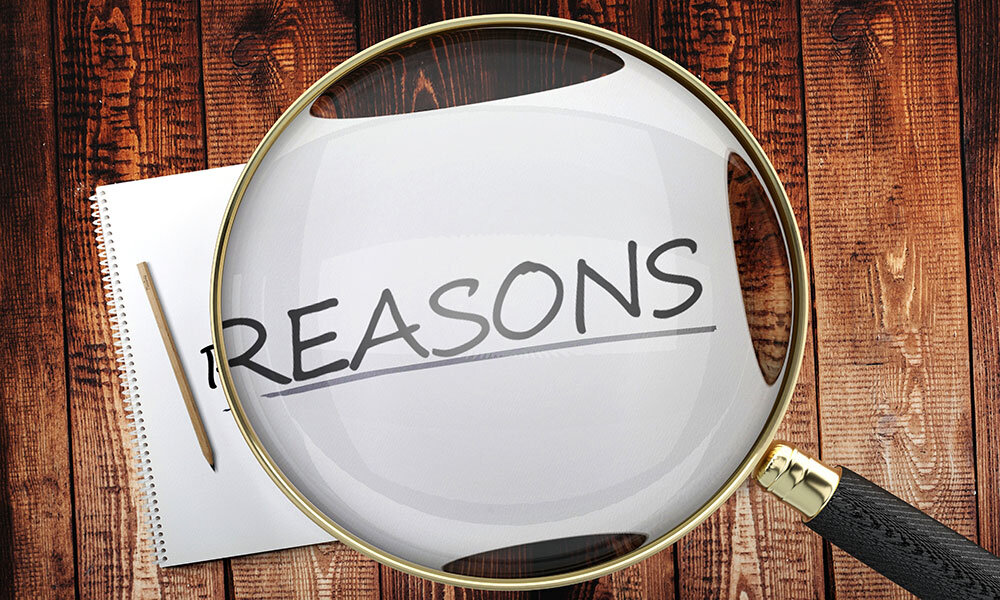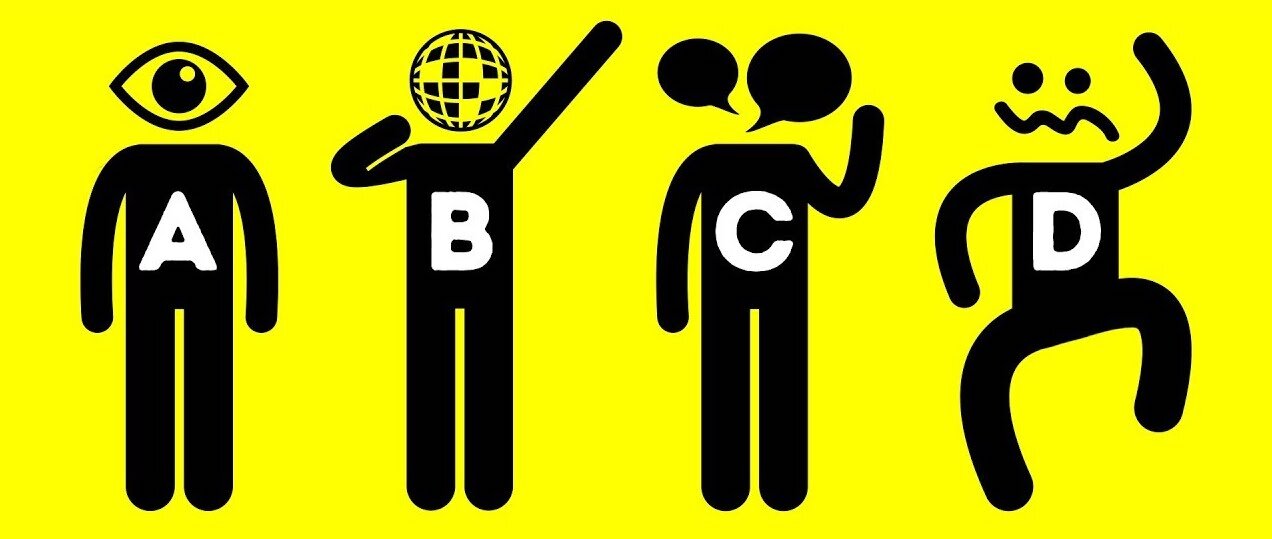Transforming entrenched cultural systems takes time and sustained commitment as they do not shift easily or quickly. True value often arises from scarcity; when something becomes widespread, its strategic significance tends to diminish. Leaders must ask: where are the real constraints, and how can we create value within them?
I think one should strive to be the kind of leader whose presence elevates the work, someone whose absence would be deeply felt. Bring emotional intelligence, critical insight, and seasoned judgment to every interaction. This is not about shortcuts; it’s about pursuing meaningful, lasting impact. If you are seeking an accountability or progression partner for your leadership journey, feel free to reach out via email.















